Legislative Immunity for Lawmakers Facing Bribery Charges
Sita Soren v Union of India
A seven-Judge Bench unanimously held that a lawmaker does not enjoy immunity under Articles 105(2) and 194(2) of the Constitution against bribery.
Decided

D.Y. Chandrachud CJI
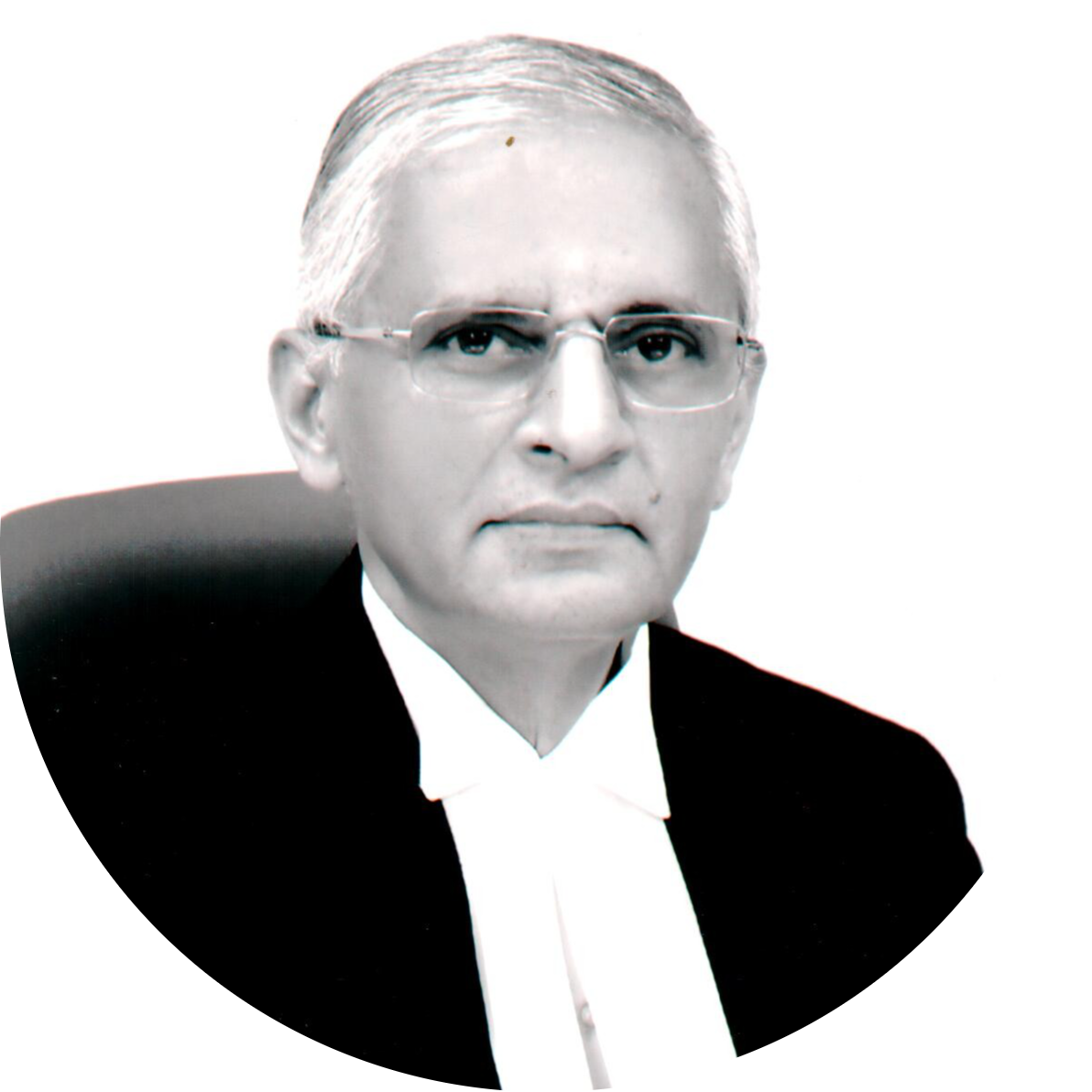
A.S. Bopanna J
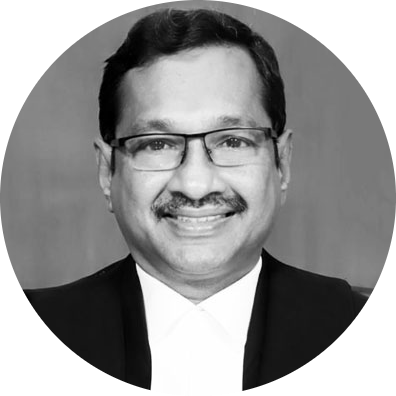
M.M. Sundresh J
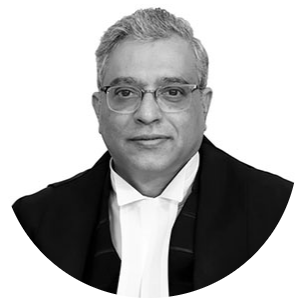
P.S. Narasimha J

J.B. Pardiwala J
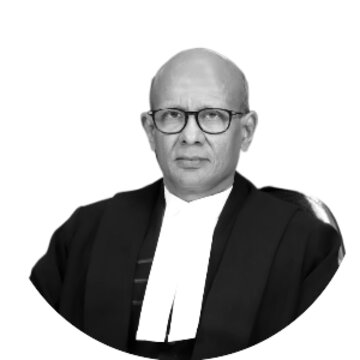
P.V. Sanjay Kumar J
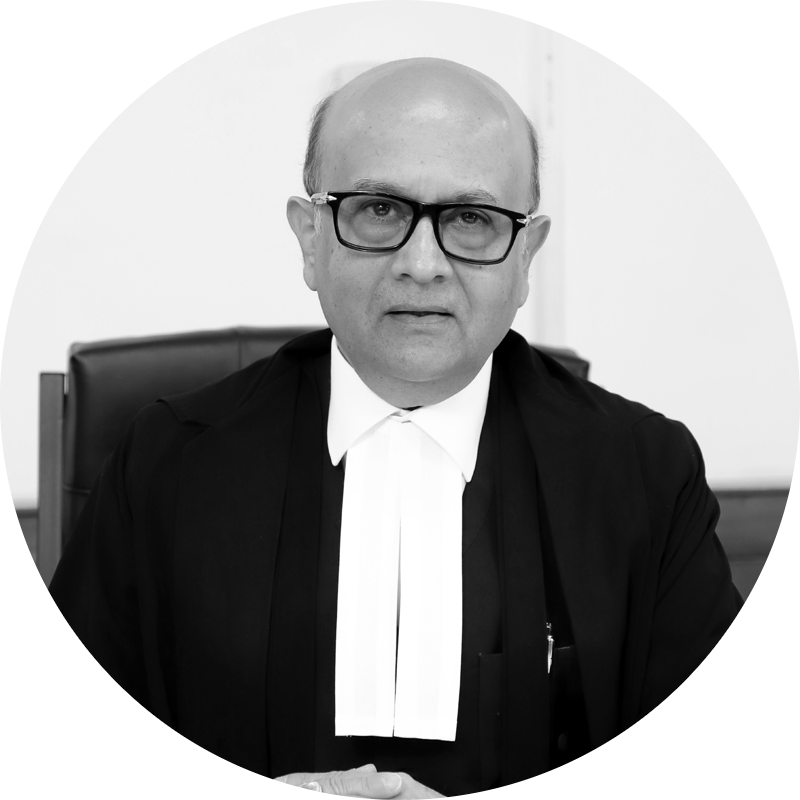
Manoj Misra J
Parties
Appellant: Sita Soren
Lawyers: Senior Advocate Raju Ramachandran, Advocate-on-Record Kaushik Laik, Advocate Vivek Singh
Respondent: Union of India
Lawyers: Attorney General R. Venkataramani, Solicitor General Tushar Mehta, Additional Solicotor General K.M. Natraj,
Amicus Curie :
Lawyers: Senior Advocate Paramjit Singh Patwalia
Case Details
Case Number: Crl.A. 451/2019
Next Hearing: March 4, 2024
Last Updated: April 6, 2024
TAGS: Bribery, Immunity, Legislative Assembly
Key Issues
Does a legislator enjoy immunity from prosecution under Article 105 (2) or Article 194(2) of the Constitution for accepting bribes to vote in Parliament or an Assembly.
Case Description
In 2012, Sita Soren, a member of the Jharkhand Legislative Assembly from the Jharkhand Mukti Morcha (JMM) was accused of accepting a bribe. An independent candidate had allegedly asked her to cast a vote in his favour in the Rajya Sabha Elections. However, as there was an open ballot system, she ultimately cast her vote for a candidate of JMM.
Soren approached the High Court of Jharkhand seeking to quash the criminal charges filed against her under the Prevention of Corruption Act, 1988. She argued that as an MLA, she enjoyed the protection under Article 194(2) of the Constitution. She relied on a 1988 decision of the Supreme Court, P.V. Narasimha Rao v State, which had held that lawmakers enjoy immunity for their speech and votes in the House as part of the parliamentary privileges under Article 105(2)
Privileges of the members of houses of Parliament
Article 105(2) of the Constitution stipulates that no member of Parliament shall be held liable for anything said, or for any vote cast in the Parliament.
Article 194(2) extends this privilege to members of state legislatures. It is under this provision that Soren sought protection.
Supreme Court decision in P.V. Narasimha Rao v State
In P.V. Narasimha Rao, the Supreme Court was considering an instance of bribery in the 10th Lok Sabha elections in 1991. Prime Minister P.V. Narasimha Rao was accused of bribing other members to vote against a no-confidence motion initiated against the government. One MP, Ajit Singh, abstained from voting.
The majority found that immunity granted to lawmakers under Article 105(2) applied to all those members who had voted, as the provision protected “what has been said or voted” in the House. The five-judge bench (in a 3:2 majority) held that an MP “shall not be answerable in a court of law for something that has a nexus to his speech or vote in Parliament.” Ajit Singh, who hadn’t voted at all, was subject to prosecution.
From Jharkhand to Delhi
The Jharkhand High Court relied heavily on P.V. Narasimha Rao. It interpreted the judgement to mean that if the bribe taker does not vote as per the conditions of the bribe, they would lose the protections of legislators’ immunity. Justice R.R. Prasad interpreted P.V. Narasimha Rao to mean that not voting at all, and not voting as per the condition of the bribe were both instances where the bribe and the vote had no nexus with one another.
Therefore, he concluded that Soren, who had not acted in accordance with the conditions of the bribe, would not be protected under Article 194(2).
On 26 March 2014, Soren appealed the High Court judgement through a Special Leave Petition in the Supreme Court.
On 23 September 2014, a two-judge Bench referred the case to a three-judge bench, seeing that the question before the Court was “substantial and of general public importance.”
On 7 March 2019, the three-judge Bench narrowed the core conflict in the case to P.V. Narasimha Rao, and the “wide ramification of the question that has arisen” from the case. considered the issues as a matter of public importance, and referred it to a five-judge Constitution Bench.
On 20 September 2023, the five-judge Bench of the Supreme Court agreed that the correctness of P.V. Narasimha Rao. As the decision was made by a five-judge Bench, the Court held that “a Bench consisting of a quorum larger than the one which pronounced the decision in challenge” must hear the case. Sita Soren v Union of India was thus referred to a bench of seven judges.
At the Supreme Court
Sita Soren argued that the judgement of P.V. Narasimha Rao was a “carefully considered” and “well-reasoned” judgement, which held that legislators have “absolute protection” for all acts on the floor of the House.
Respondents and several intervenors argued that the “cloak of immunity” could not be extended for those who interfere with the legislative process. They also argued that in a healthy democracy, there is “no place of immunity for bribes.”
On 4 March 2024, a seven-judge Bench comprising Chief Justice D.Y. Chandrachud, and Justices A.S.Bopanna, M.M. Sundresh, P.S. Narasimha, J.B. Pardiwala, P.V. Sanjay Kumar, Manoj Misra unanimously held that parliamentarians do not enjoy parliamentary immunity under Articles 105(2) and 194(2) of the Constitution for the acts of bribery. The Bench overruled the 3:2 Constitution Bench decision held in P.V Narasimha Rao v State (1998).
The Bench also laid down a two-fold test to determine the extent of privilege enjoyed under the two provisions.
